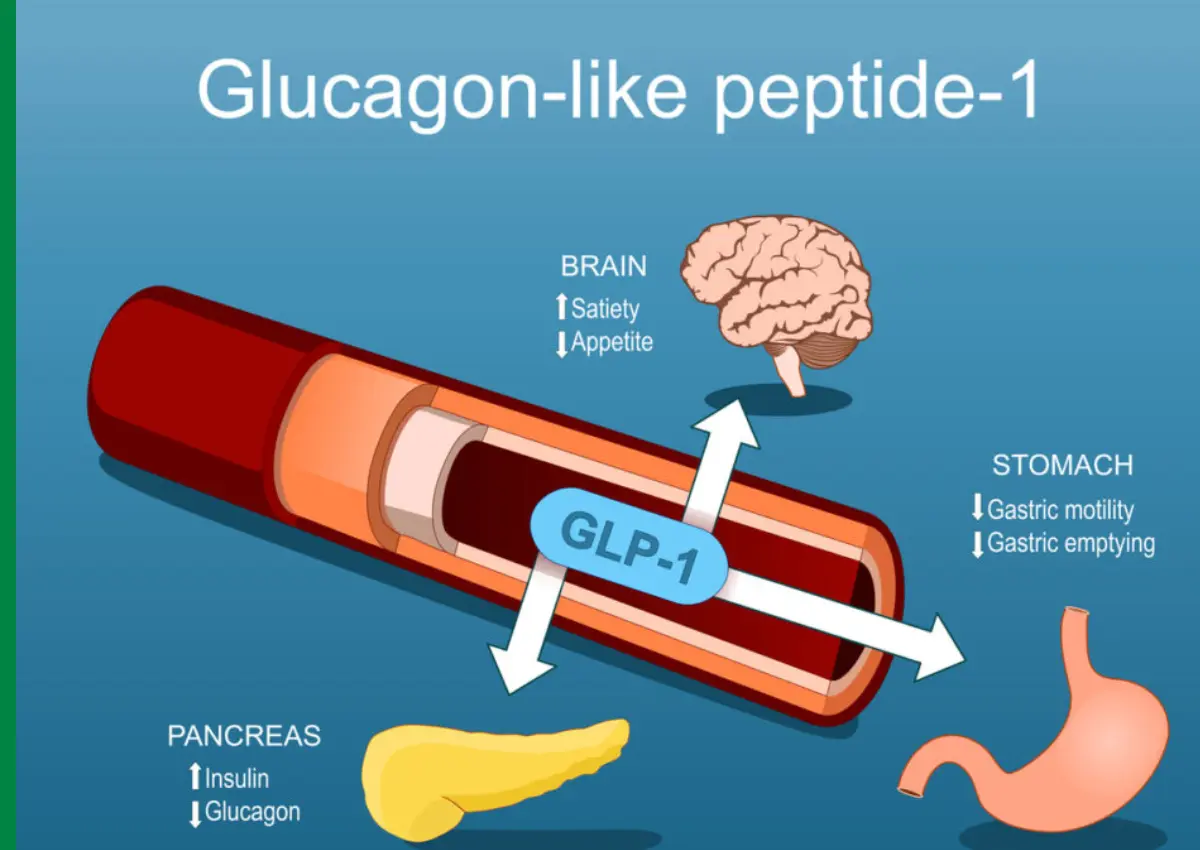In a landmark moment for global trade and bilateral relations, India and the United Kingdom have officially signed the long-anticipated Free Trade Agreement (FTA), setting the stage for unprecedented collaboration in innovation, market access, and mutual investment. Speaking on the significance of the deal, Sunil Bharti Mittal, Founder and Chairman of Bharti Enterprises and Co-Chair of the India-UK CEO Forum, called the pact “a transformational milestone” that will reshape the economic engagement between the two democracies.

The FTA, signed on July 24, 2025, follows years of intense negotiations and is the most comprehensive trade agreement ever signed between India and the UK. It comes at a time when both nations are looking to reposition themselves in the global economic order—India as a rising manufacturing and digital hub, and the UK as a post-Brexit trade leader in pursuit of strategic alliances beyond Europe.
Mittal, who has played a key advisory role in bridging business dialogues between both countries, stated that the agreement goes far beyond traditional tariff concessions. According to him, the deal has the potential to unleash a new wave of innovation-led growth by creating frameworks that support cross-border research, clean technology development, and digital enterprise. He emphasized that the FTA is not just a trade agreement but a visionary pact that incorporates the priorities of the future economy.
“This is a modern, forward-looking partnership. It will stimulate innovation, ease market access, and foster investment between two of the most dynamic economies in the world,” Mittal said. “The agreement reflects a high level of complementarity between our markets, and provides the certainty and policy stability that businesses need to commit long-term.”
He also noted that the goal of doubling bilateral trade between India and the UK in the next five years is “not aspirational, but absolutely achievable” under the provisions of this deal. Bilateral trade currently stands at approximately $58 billion, and the governments of both countries are targeting a jump to $120 billion by 2030.
A unique highlight of the FTA is the inclusion of a dedicated chapter on innovation—the first of its kind in any of India’s trade agreements. This section lays the groundwork for deep cooperation in advanced technology, artificial intelligence, clean energy, and health innovation. It allows public and private institutions from both countries to engage in joint research and development projects, with provisions for intellectual property protection, data sharing, and ethical tech deployment.
Commerce Secretary Sunil Barthwal described the innovation chapter as a future-facing element that redefines what trade cooperation means in a global knowledge economy. “Trade agreements are no longer just about tariffs—they are about people, ideas, and technology,” he said.
Mittal echoed this sentiment, asserting that the innovation clause will be crucial for startups, SMEs, and research-intensive industries looking to scale internationally. He believes Indian enterprises—particularly in the digital and pharmaceutical sectors—stand to gain significantly from the new corridors of tech collaboration opened by the FTA.
On the ground level, the agreement offers tangible advantages for both exporters and importers. Indian businesses in sectors such as textiles, leather, gems, agriculture, and marine products will benefit from the elimination of nearly 99% of tariffs when exporting to the UK. Meanwhile, British exporters will enjoy phased reductions on key goods, including automobiles, alcohol, cosmetics, and medical equipment.
However, Mittal stressed that the FTA’s impact is not confined to large corporations. It is structured to empower micro, small, and medium enterprises (MSMEs), farmers, artisans, and self-employed professionals. With provisions aimed at simplifying customs procedures, removing non-tariff barriers, and ensuring regulatory transparency, even small players can now look at the UK market as an accessible and viable option.
The agreement also addresses a longstanding concern of Indian professionals working in the UK. A new social security protocol allows Indian workers on temporary assignments to continue contributing to their Indian pension and insurance systems without having to pay dual social security taxes in the UK. This change will directly benefit IT professionals, engineers, doctors, and consultants, making overseas placements more financially sustainable and attractive.
Industry bodies across both countries have widely praised the agreement. The Confederation of Indian Industry (CII) called the FTA “a defining moment that reflects the strategic depth of India-UK economic relations.” The Federation of Indian Chambers of Commerce and Industry (FICCI) welcomed it as a long-overdue step that will expand the footprint of Indian companies in Europe’s second-largest economy.
The UK side has also shown strong optimism. The British Chambers of Commerce hailed the deal as “the most significant post-Brexit trade success,” while UK Prime Minister Keir Starmer referred to it as a “historic bridge between our two great nations.” British companies are expected to make greater use of India’s massive government procurement opportunities, now more accessible under the agreement’s transparency provisions.
Mittal, who has built one of India’s most successful multinational businesses through Bharti Airtel and other ventures, concluded his remarks with a forward-looking note. “Trade is not just about economics—it’s about relationships, trust, and shared futures,” he said. “This FTA will be remembered not only for the numbers it delivers but for the trust it builds between India and the UK.”
As India continues to sign new-generation trade agreements with global partners, the India-UK FTA stands out for its depth, scope, and ambition. For business leaders like Sunil Bharti Mittal, it represents the start of a new chapter in Indo-British relations—one driven by mutual respect, economic synergy, and a shared vision of innovation-led growth.
With execution now in focus, both countries are expected to roll out awareness campaigns, business facilitation platforms, and sector-specific guidelines to ensure that the benefits of the FTA are widely understood and utilized. The onus is now on both public institutions and private enterprises to turn this agreement into a blueprint for long-term prosperity.



